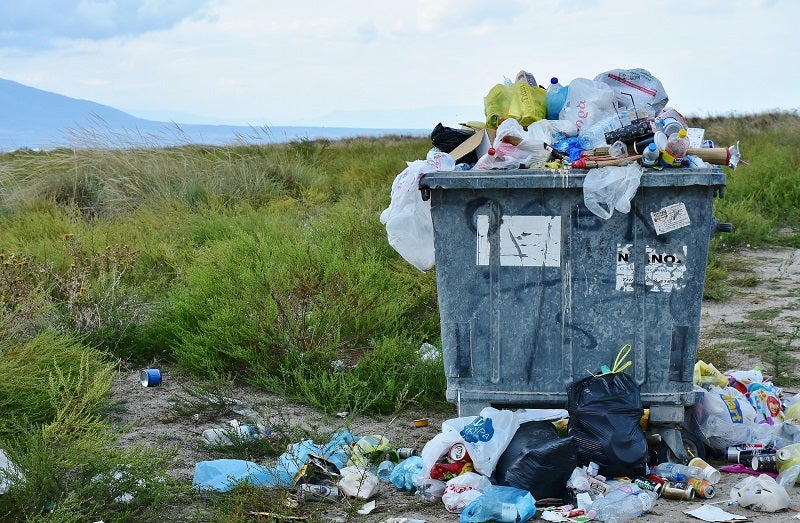
If a Deposit Return Scheme (DRS) were introduced in the UK, the collection and recycling of non-drinks packaging would need to be transformed to meet future circular economy goals, according to the Deposit Return Schemes in Action case study by plastics recycling charity RECOUP.
RECOUP examined the structure and operations of DRS in Germany and Norway, studying the materials collected, the rate of collection, the deposit paid back to consumers and the infrastructure in place.
RECOUP said that a DRS would produce high-quality material of post-use drinks containers but should not be viewed as the sole solution to reach high levels of plastic packaging collection. It added that if a DRS is to be implemented in the UK, it needs to complement existing and developing collection infrastructure for all post-consumer packaging, such as kerbside, bring, household waste recycling centres and ‘away from home’ collection points, which include high footfall locations, such as transport hubs, workplaces and ‘on-the-go’ locations.
The charity also explained that other changes need to be implemented for the success of a DRS, such as a widespread change in consumer behaviour, education and communication programmes on what and how to recycle and any revised consistency in household and business recycling collections.
RECOUP technical manager Steve Morgan said: “We are keen to explore what a DRS could mean for the UK. This led us to produce the case study of the two widely known schemes and to show some of the differences that exist between them.
“These are undoubtedly very effective schemes for collecting and recycling drinks containers but it shouldn’t be lost that drinks, as well as non-drinks packaging, need to be collected and recycled to meet future circular economy ambitions and the proposed recycling rates set out in the Government consultations.”

US Tariffs are shifting - will you react or anticipate?
Don’t let policy changes catch you off guard. Stay proactive with real-time data and expert analysis.
By GlobalDataRecently, the UK Government closed four consultations which seek to fulfil commitments, outlined in the Resources and Waste Strategy and the 25 Year Environment Plan, to fast-track change on how the UK funds, structures and manages its waste materials.
RECOUP said that information on how to shape and structure a DRS in the UK is now being gathered.
The case study is a part of RECOUP’s wider Case Studies report, part its 2018 RECOUP UK Household Plastics Collection Survey, an annual research report on the collection of plastics in the UK.


